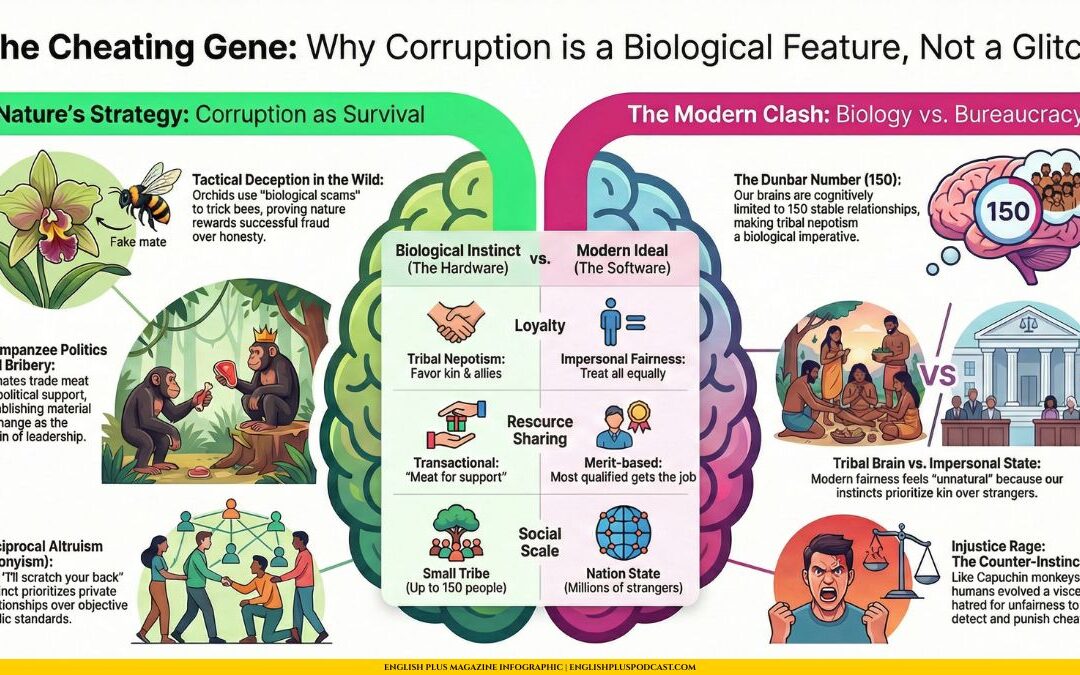The Importance of Financial Literacy in School Curriculums
Imagine a kid with a lemonade stand. They diligently track sales, subtract expenses for supplies, and proudly stash that hard-earned cash away. They’re not just making money; they’re building financial understanding. Now, imagine that same child as a teenager facing their first paycheck, confused by taxes and deductions. Fast forward a few more years, and they’re a young adult overwhelmed by student loan debt and the temptation of credit cards. Wouldn’t things have been different if financial literacy was a core part of their education?
Unfortunately, too many young people graduate without basic money management skills. They’re thrust into a complex financial world without the tools to navigate it. It makes them vulnerable to poor decisions, debt traps, and missed opportunities – not just a recipe for stress, but limiting their life choices. It doesn’t have to be this way.
Let’s talk money smarts. Financial literacy is more than just balancing a checkbook (though that’s important!). It’s a set of skills and knowledge that helps you make informed decisions about your money. Think of it as a compass that points you toward financial security and freedom.
So, what would this look like in the classroom? Real-world applications are key! Forget about boring worksheets and textbook definitions. Instead, imagine students running a mock business, learning how to budget and save for a goal, or decoding the mysteries of credit card interest rates and the power of compound interest. They might debate the pros and cons of investing versus saving or do case studies on people who overcame debt through smart choices.
Teaching responsible money habits from a young age sets the foundation for a healthier financial future. Kids who understand how to budget are less likely to fall into impulse spending and debt later. Those who understand investing can start growing their money early, even with small amounts. This isn’t about getting rich quick; it’s about making smart choices that add up over a lifetime.
But the benefits go beyond individual wealth. Financially savvy citizens are essential for a thriving economy. Imagine a generation that understands the importance of contributing to savings accounts and retirement plans, making wiser borrowing decisions, and being engaged in financial policy discussions. They’re less likely to be victims of financial scams and contribute meaningfully to society.
Here’s the thing: while parents are a child’s first money teachers, not all parents have these skills themselves. Including financial literacy in school levels the playing field. It ensures all kids, regardless of background, have access to vital information and resources that can change the trajectory of their lives.
You can make a difference! Advocate for financial literacy in your school. Ask if they have programs in place; if not, offer to share resources or get involved. Support organizations that offer financial education programs for young people. Most importantly, start talking about money with your own kids, even from a young age.
Let’s empower the next generation to take control of their financial destinies. Imagine a world where everyone is equipped to make informed choices, build wealth, and create the lives they want. Starting with financial literacy in schools can make this a reality – it’s an investment in our future, one student at a time.
Why Should You Care?
- Future Success: Financial literacy lays the groundwork for financial stability and security, impacting major life choices like buying a home, paying for education, and retiring comfortably.
- Economic Empowerment: A lack of basic money skills makes people vulnerable to predatory lending, scams, and debt traps, limiting their potential.
- Equal Opportunity: Financial education in schools ensures that all students have the tools for success, regardless of their families’ financial background.
- Healthy Economy: Financially literate individuals make smarter decisions about saving, investing, and spending, contributing to a stronger overall economy.
Key Takeaways
- Financial literacy is essential for navigating the complex financial world and avoiding costly mistakes.
- Teaching practical money skills in school is crucial to empower young people and prepare them for financial independence.
- Financial education isn’t just about math; it’s about understanding how to make informed choices that impact your entire life.
- Advocating for financial literacy in schools ensures equal access to these vital life skills for all students.
Keywords
- Financial Literacy The knowledge and skills needed to manage money effectively, including budgeting, saving, investing, responsible borrowing, and avoiding debt.
- Budgeting Creating a plan for your income and expenses to track how much money is coming in and where it’s going.
- Saving Setting aside a portion of your income for future goals, short-term or long-term, including creating an emergency fund.
- Investing Using your money to buy assets (like stocks or property) with the potential to grow over time, allowing you to build wealth.
- Debt Money owed to a lender, such as credit card debt, student loans, or mortgages.
- Interest Rate The percentage charged by a lender for borrowing money, expressed as an annual rate.
- Compound Interest Earning interest not only on the original amount but on the accumulated interest as well, leading to exponential growth.
- Credit Score A number that represents your creditworthiness to lenders, influencing your ability to borrow money and the interest rates offered.
- Financial Scam Deceptive practices designed to trick individuals into giving up money or personal information.
- Retirement Plan A savings and investment account specifically designed for providing income after you stop working.
Frequently Asked Questions
- At what age should financial literacy education start? The earlier, the better! Even young children can grasp basic concepts like saving and budgeting through age-appropriate games and activities.
- What if schools are already packed with subjects? Financial literacy can be integrated into existing classes like math, social studies, and even literature through real-world applications.
- Isn’t it the parents’ responsibility to teach about money? Ideally, yes, but not all parents have the knowledge or comfort to do so effectively. Schools provide a ‘safety net’ ensuring all kids have this essential education.
Myth Buster
- Myth: Financial literacy is only for people planning on getting wealthy.
- Reality: Even if you don’t aspire to be rich, everyone needs to understand how to manage their money, avoid debt, and plan for a secure future, regardless of their income level.
Let’s Talk
- Did you learn about money management in school? If so, how did it help you? If not, do you wish you had?
- What are some creative ways to make financial literacy engaging for different age groups?
- How can we encourage schools to adopt robust financial education programs?
Share your thoughts in the comments below!










0 Comments